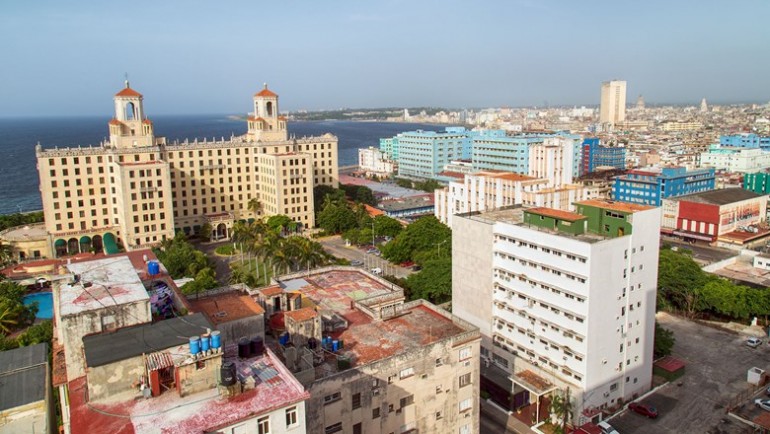Sponsored Listings:
The State Department revised its travel advisory for Cuba to Level 2, “exercise increased caution,” from Level 3, “reconsider travel,” the second time in less than a year that the U.S. has softened its travel guidance for the island nation.
The move was welcomed by a coalition of U.S. tour operators and organizations that have seen travel to Cuba hurt by, among other possible factors, the Level 3 classification, which the State Department issued when it overhauled its country-specific travel advisory system in January.
The department now assigns each country a number from 1 to 4, with Level 4 meaning “do not travel” and Level 1 “exercise normal precautions.” The new Level 2 status assigned by the U.S. State Department gives Cuba the same travel-guidance level as France and the U.K.
Still, the Level 3 status had been seen as a step down from a travel warning issued in September 2017 that advised U.S. citizens to not travel to the country, following reports of U.S. embassy employees suffering mysterious health attacks that caused hearing loss, dizziness, headaches and cognitive issues. This week’s updated travel advisory said that “specific attacks” targeted embassy employees and still advises travelers to avoid the Hotel Nacional and Hotel Capri in Havana, where embassy staff lived when the attacks took place.
Colin Laverty, president of Cuba Educational Travel, described the new Level 2 status as a “breath of fresh air in a highly politicized process of confusion, anxiety and speculation, which led to an excessive measure by the State Department.
“Given that the initial decision to increase the Cuba travel warning was politically motivated, the U.S. government is righting its wrong by assessing that Americans need not reconsider travel to Cuba in order to stay safe,” he added.
Laverty said that Cuba is of the safest countries in the world to visit and that hundreds of Americans and millions of global travelers enjoy all that it has to offer with no health or security risks to note.
“Level 1 would be ideal, and hopefully we’ll get there, but a step to come closer to reality is positive, especially given the stance of this administration on everything related to Cuba so far,” he said.
Martha Henry, executive director of the Center for Responsible Travel, said that people-to-people exchanges, the primary way Americans can visit Cuba, “ground almost to a halt when the travel restrictions were imposed last year.”
U.S. travel to Cuba through June, not including travel by Cuban Americans, declined by 23.6% compared with the same period in 2017, the organization said, citing Jose Luis Perello Cabrera of the University of Havana’s faculty of tourism.
The update came as part of the department’s mandatory six-month review of the advisory. Ahead of the review, the coalition sent a letter to the State Department advocating for the change to Level 2. The letter, to Michelle Bernier-Toth, managing director of the Overseas Citizens Services in the State Department’s Bureau of Consular Affairs, said that the travel advisory’s far-reaching negative impacts were unwarranted for the Cuban people as well as for U.S. travelers and businesses.
Source: travelweekly.com










